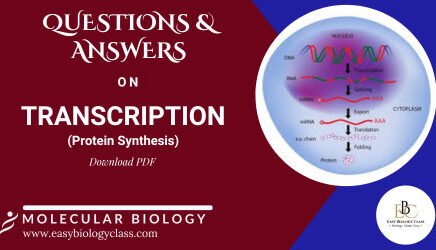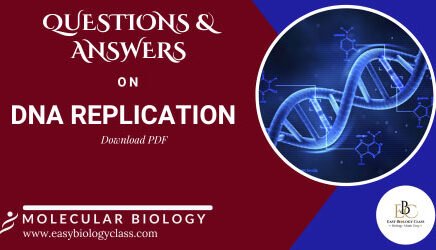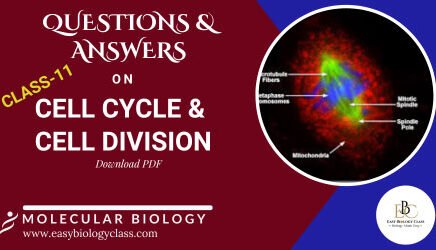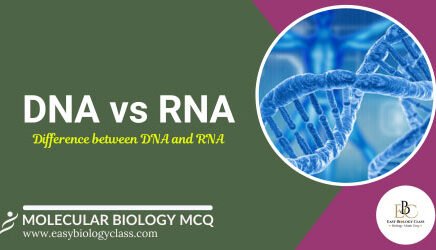
Protein Synthesis Questions and Answers (PDF)
Translation is the process by which messenger RNA (mRNA) is decoded into a sequence of amino acids to form a functional protein. This process occurs […]

Translation is the process by which messenger RNA (mRNA) is decoded into a sequence of amino acids to form a functional protein. This process occurs […]

Cell division is an essential process by which cells replicate to ensure growth, development, tissue repair, and reproduction in living organisms. The two primary types […]

Transcription is the biological process where the genetic information in DNA is copied into messenger RNA (mRNA) for protein synthesis. It is the first step […]

DNA replication is the biological process by which a cell duplicates its genetic material before cell division, ensuring that each daughter cell receives an identical […]

The cell cycle is a series of events that take place in a cell leading to its growth, replication, and division into two daughter cells. […]

Chromatin immunoprecipitation Assay or ChIP Assay is a technique to study the protein–DNA interactions within the cells. This technique is essential for identifying whether particular […]

Ribozymes, or ribonucleic acid enzymes, are RNA molecules capable of catalyzing specific biochemical reactions, such as RNA splicing during gene expression, in a manner similar […]

Deoxyribonucleic acid (DNA) and ribonucleic acid (RNA) are essential nucleic acids in biological systems, performing critical roles in the storage, transmission, and execution of genetic […]

Flower development is key to plant reproduction and survival. It involves complex genetic and molecular mechanisms guiding the shift from vegetative to reproductive growth. The […]